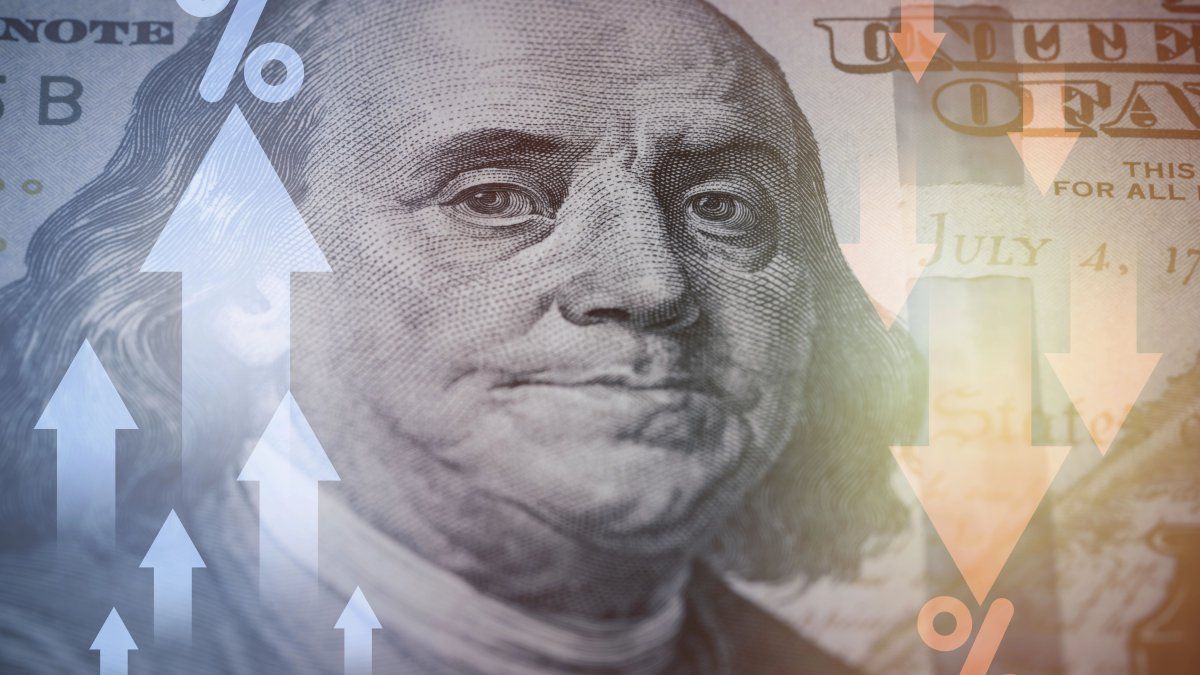Federal election
Scholz is hoping for a winter miracle
Copy the current link
Olaf Scholz has already made up for an almost hopeless deficit before an election. This time he is stuck in the polls – and is now relying on the SPD’s fighting spirit.
Six weeks before the federal election, Chancellor Olaf Scholz has sworn the SPD to catch up in the hot phase of the election campaign. “It’s about a hell of a lot,” he said at a special party conference in Berlin. “We are fighting to preserve and renew the successful brand “Made in Germany” – for the ordinary people in our country. So, we are fighting.”
The 600 delegates celebrated him standing with six and a half minutes of applause. Scholz was then confirmed as candidate for chancellor in a vote with a show of hands – there were only a few opposing votes.
Gap to Union between 13 and 20 percentage points
The Social Democrats want to become the strongest party again in the election on February 23rd, but are currently 13 to 20 percentage points behind the leading Union in the polls and are also stable behind the AfD. In the ZDF political barometer, the Social Democrats were overtaken by the Greens for the first time in a year on Friday and only ended up in fourth place. When asked about the dream chancellor, even the AfD candidate Alice Weidel is doing better than Scholz.
Scholz: “We will win”
At the party conference, he was still confident that the trend reversal can still be achieved. “Winter election campaigns can have a good ending,” he said. In Hamburg he stood for election twice in February and won. “I think that’s encouraging at this time.”
After his election as candidate for chancellor, he said that, like last time, he wanted to surprise everyone who thought they already knew how it would turn out. “We will win.”
Directional decision between the SPD and the Union
Scholz had previously prepared the delegates for a directional election campaign in a 51-minute speech. “We are actually at a crossroads in Germany,” he said. If Germany takes a wrong turn on February 23rd, “then we will wake up in a different country.”
The Chancellor had already made it clear several times that he wanted to escalate the election campaign to a duel with the Union Chancellor candidate Friedrich Merz. “Now is not the time for slogans. Now is not the time for ancient recipes. Now is not the time for politics on the backs of ordinary people,” he shouted to the delegates. “Or in short: Now is not the time for the CDU and CSU in Germany.”
“Maybe I should have hit the table sooner”
The review of his three-year reign as traffic light chancellor only appeared briefly in the speech. The Chancellor admitted that he perhaps should have ended the government with the Greens and FDP earlier. “Maybe I should have hit the table sooner, not just behind the scenes but publicly.”
This time, the Chancellor largely refrained from harsh criticism of the former coalition partner FDP or the Greens and primarily worked on the Union.
Warning of attacks on democracy
Scholz urgently warned against right-wing populists and attacks on democracy. He called the shift to the right in Austria “oppressive.” “We cannot simply acknowledge this,” said the Chancellor. In America, too, forces are working to “destroy our democratic institutions.”
Message to Trump – without naming him
Scholz did not mention the future US President Donald Trump in his speech, but once again indirectly rejected his territorial claims in Panama, Canada and Greenland. “The principle of inviolability of borders applies to every country – whether it is in the east of us or in the west,” he said. “No country is another’s backyard.”
Scholz assured Ukraine of further support and assured that he would prevent NATO from becoming involved in the war. He again accused Merz of having given Russian President Vladimir Putin an ultimatum, which he later withdrew. That shows “neither steadfastness nor responsibility.”
He himself will remain steadfast and level-headed. “All citizens in Germany can rely on that.”
No secret vote on the candidate for chancellor
Scholz was nominated as candidate for chancellor by the party executive at the end of November only after a tough and controversial debate. The party had previously discussed publicly for two weeks whether the much more popular Defense Minister Boris Pistorius should be substituted as a replacement candidate for Scholz, who was ailing after the failure of his traffic light government.
At the party conference, the decision in favor of Scholz was confirmed with a show of hands. The party leadership decided against a secret vote, as was the case with many previous decisions for candidates for chancellor, justifying this with the fact that Scholz is running as chancellor and not as a challenger and that a secret vote is not common in these cases.
Before the previous federal election in 2021, 96.2 percent of delegates voted for Scholz in an online vote during the corona pandemic.
Steinbrück doubts SPD victory
Last year’s grueling K debate no longer played a role at the party conference. There was no criticism of the candidate or the party leadership on the open stage. However, Peer Steinbrück, a former candidate for chancellor, spoke up from the sidelines and doubted whether catching up was still possible. “The probability suggests that the SPD with him (Scholz) at the helm will clearly not be the strongest party,” the former finance minister told the news portal t-online.
In 2021, the race to catch up had long since begun at this point in the election campaign, i.e. six weeks before the election. Almost five weeks before the election date, the Social Democrats overtook the CDU/CSU for the first time in a survey and then stabilized the trend.
A maximum of 400 euros for a shared room
In terms of content, the SPD presented itself with a program for the election on February 23rd, which is entitled “More for you. Better for Germany” for the election on February 23rd. In it, the party promises, among other things, to relieve 95 percent of taxpayers, to promote investments with a “Made in Germany” tax bonus and to increase the minimum wage to 15 euros.
A promise was made at short notice that, if possible, students and trainees would not have to pay more than 400 euros for a room in a shared apartment.
Top and rich tax rates should be increased
The SPD’s tax plans were specified at the party conference: The income limit for the top tax rate is to be raised to 93,000 euros, but so is the tax rate itself – from 42 to 45 percent. The tax rate for the rich is to rise from 45 to 47 percent. The basic allowance for income tax should also be increased in order to relieve the burden on low earners.
dpa
Source: Stern
I have been working in the news industry for over 6 years, first as a reporter and now as an editor. I have covered politics extensively, and my work has appeared in major newspapers and online news outlets around the world. In addition to my writing, I also contribute regularly to 24 Hours World.




